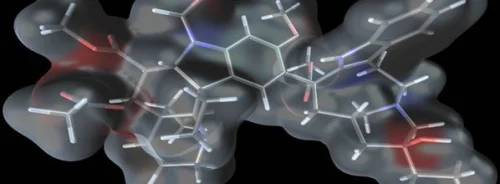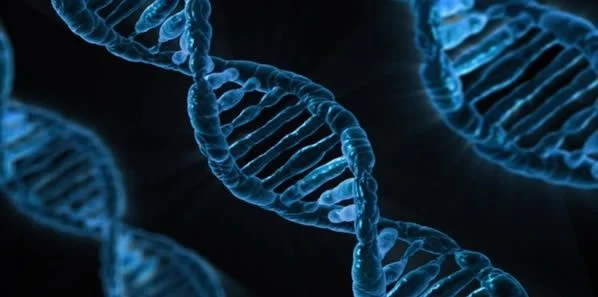A new genetics project is being implemented in 11 Genomics Medicine Centres in English hospitals. The project could potentially unlock a serious of secrets about devastating diseases, according to the National Health Service (NHS).
Under the project, the team will gather DNA samples to help devise targeted treatments for diseases. The project will specifically focus on cancer and rare genetic diseases. The goal is to sequence 100,000 genomes within three years to be able to develop new tests and drugs.
Patients will also get the opportunity to take part in the scheme if they agree to have their genetic code and medical records stripped of anything that could identify them.
The plan is to use the genetic code of healthy tissue of 25,000 cancer patients and compare it to the genetic code of their tumour. Then by using a spot-the-difference technique, the project team will identify the precise mutations in DNA that are causing the patient's tumour. With the information that will be gathered, it is hoped that targeted medicines may be developed.
In addition, 15,000 patients with rare diseases will also have their genome compared with those of their parents and grandparents.
Genetics research already shows that there are different types of cancers. Breast cancer itself is not one disease but at least 10 as each one has a different cause, different life expectancy and requires different treatment. Drugs such as Herceptin were developed because of genetics research.
The theory behind the project is that certain diseases may be rare, but when information from a large number of people is combined, there is a possibility that mistakes could be found in the three billion pairs of letters that make up our genetic code.
Prof Graeme Black, who will lead the project in Manchester, told the BBC: "It's possible to sequence an individual's entire genetic make-up, their genome, in merely a few days where five years ago that was completely unimaginable. Therefore it's possible for conditions where there's a possibility that it's genetic, that we can identify genetic causes much quicker than had been imagined previously."
The pilots of the project are already under way and it is expected that 3000 genomes will be sequenced by January. Patient data will be completely protected and the information obtained from this analysis will be made available to drug companies and researchers so that they can create precision drugs for the future.
Source: BBC Health
Image Credit: Pixabay







